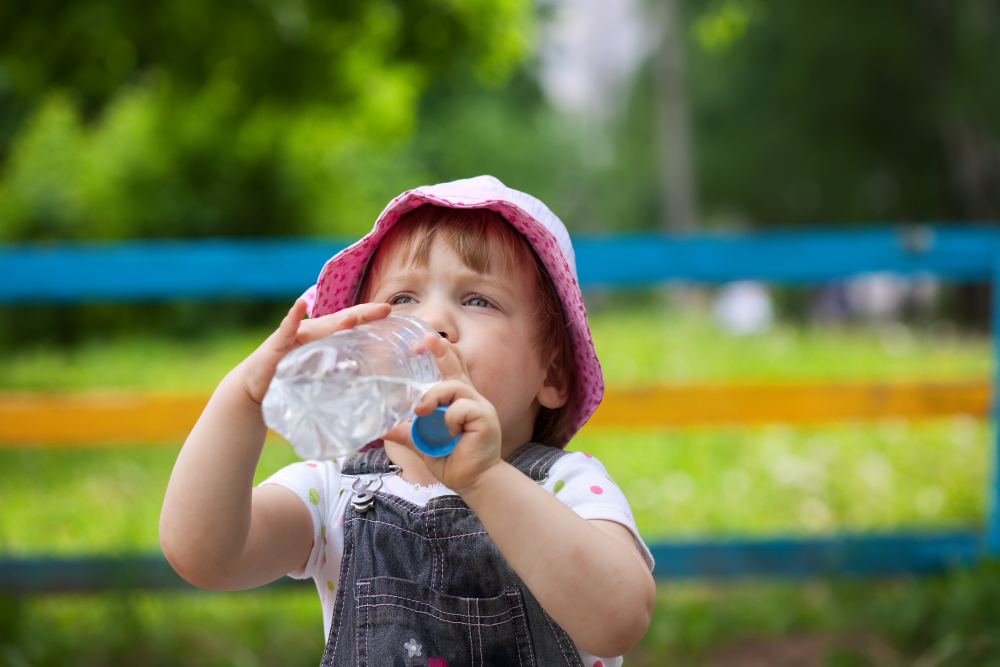Introduction:
As an experienced teacher with 25 years of expertise, I recognize the significance of fostering open communication and maintaining a strong parent-child relationship during the big kid stage.
This transitional period in a child’s life brings new challenges and opportunities for growth.
In this article, we will explore valuable insights and practical strategies to promote healthy communication and nurture a strong bond with your big kid.
By incorporating these tips into your parenting approach, you can navigate this stage with confidence and strengthen your connection with your child.
Let’s delve into the essential techniques to foster open communication and maintain a strong parent-child relationship.
Create a Safe and Supportive Environment:
Establishing a safe and supportive environment at home is fundamental for open communication.
Encourage your child to express their thoughts, feelings, and concerns without fear of judgment or punishment.
Be approachable, actively listen, and show genuine interest in their experiences.
Validate their emotions and provide reassurance that you are there to support them unconditionally.
Practice Active Listening:
Active listening is a powerful tool for building strong relationships with big kids.
Give your child your undivided attention when they are sharing something with you.
Maintain eye contact, nod, and provide verbal and non-verbal cues to show that you are engaged.
Encourage them to elaborate on their thoughts and ask open-ended questions to promote deeper conversations.
Establish Regular Communication Routines:
Set aside dedicated time for meaningful conversations with your child.
This could be during mealtime, while taking a walk together, or before bedtime.
Consistency in communication routines helps create a sense of security and makes your child more comfortable sharing their thoughts and experiences with you.
Make these moments a priority and avoid distractions like screens or interruptions.
Encourage Two-Way Dialogue:
Engage in two-way conversations that involve active participation from both you and your child.
Avoid dominating the conversation or constantly giving instructions.
Encourage your child to share their ideas, opinions, and perspectives. Value their input and engage in constructive discussions, even if you have differing viewpoints.
This fosters critical thinking skills and demonstrates respect for their thoughts and autonomy.
Practice Empathy and Understanding:
Big kids go through a range of emotions as they navigate new challenges and transitions.
Show empathy and understanding by putting yourself in their shoes. Acknowledge their feelings and validate their experiences.
Offer support, guidance, and reassurance as they navigate through difficulties.
This helps create a strong foundation of trust and allows for open and honest communication.
Collaborate on Problem-Solving:
Involve your child in problem-solving processes to empower them and strengthen their decision-making skills.
Encourage them to come up with solutions and discuss the potential outcomes of different choices.
This collaborative approach not only boosts their confidence but also deepens the parent-child relationship by fostering teamwork and mutual respect.
Conclusion:
During the big kid stage, fostering open communication and maintaining a strong parent-child relationship is crucial for your child’s emotional well-being and overall development.
By creating a safe and supportive environment, practicing active listening, establishing regular communication routines, encouraging two-way dialogue, showing empathy, and collaborating on problem-solving, you can nurture a strong bond with your child.
Remember, each child is unique, so adapt these strategies to suit your child’s personality and needs.
Embrace this transformative stage in their life and cherish the moments of connection and growth.
![]()






